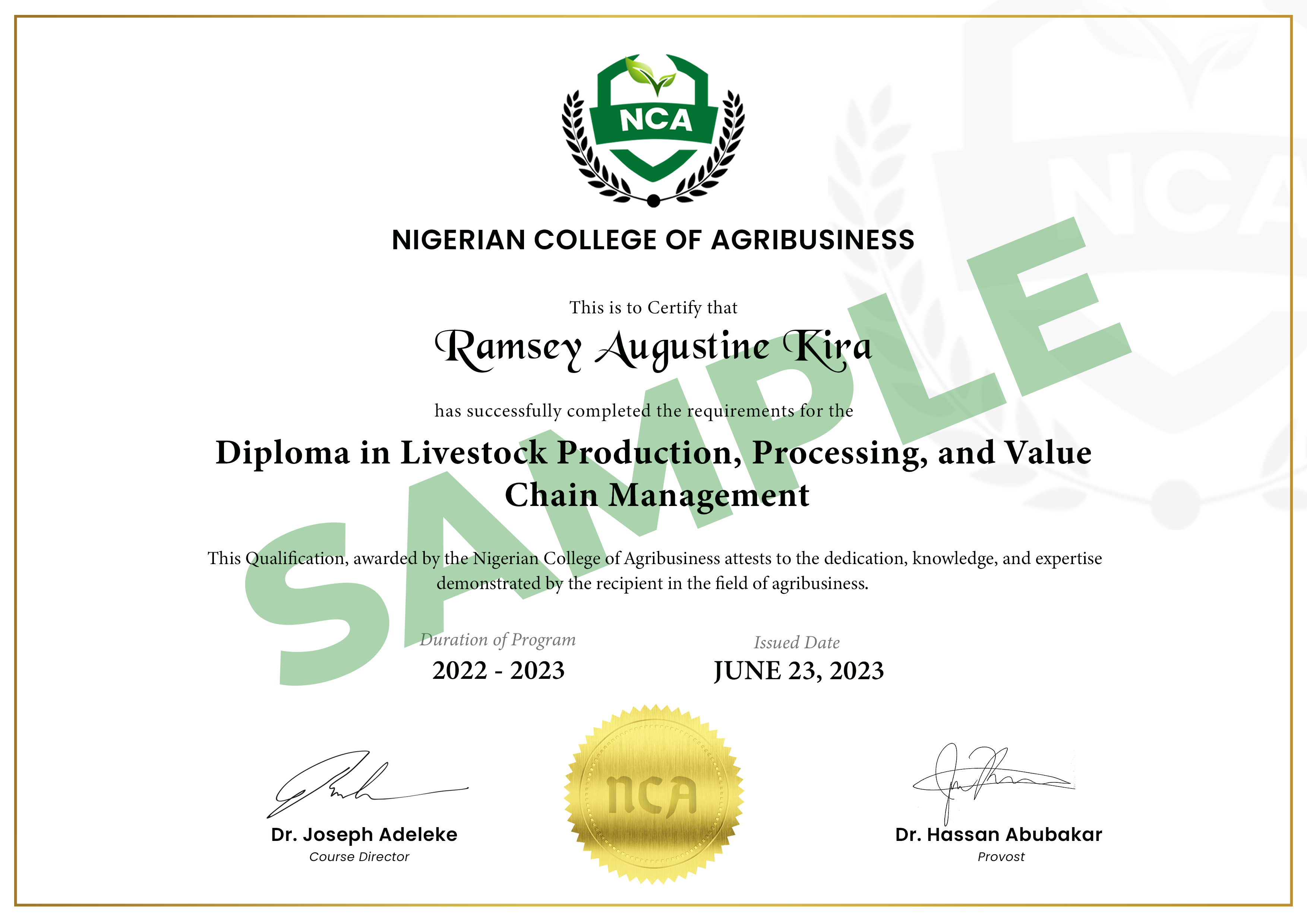
The Diploma in Food Industry Management is a specialized program meticulously designed to prepare individuals for leadership roles in the dynamic and ever-evolving food industry. This program offers a comprehensive education in food management, blending culinary expertise with essential business and management skills. Graduates will emerge as well-rounded professionals equipped to navigate the complexities of the food industry.
The program will be delivered through a combination of online lectures, interactive discussions, case studies, practical projects, and assessments. Participants will have access to course materials, resources, and support through the online learning platform. The program is designed to be completed within the specified duration, allowing participants to progress through the modules at their own pace while meeting the program requirements.
Faculty
Faculty members are experienced professionals with extensive years of practice experience working within
Upon completion of the program, graduates can pursue various career paths in the food industry, including roles as food industry managers, restaurant owners, menu planners, culinary consultants, food truck operators, personal chefs, and more. Graduates will have the necessary knowledge and skills to navigate the complexities of the food industry and contribute to its growth and success.
Upon completion of the course, participants will earn a Graduate Diploma in Food Industry Management from the Nigerian College of Agribusiness. At convocation, graduating students will receive their Diploma parchment as well as their Transcript of academic records.
NGN 250,000
26th February, 2024

Click on the link below to fill the application form for this course
Do you need any further assistance regarding this program, send an email to: [email protected] or chat with a program executive on WhatsApp via: 09023789104 (Nigeria)
Ready to Begin your application process? Click on “Apply Now” to access the application form.
Established in 2022 and approved by the National Board for Technical Education (NBTE), the College provides high-quality specialized education that strives to improve the productivity, performance and continuous development of professionals in Nigeria. The College has the Centre for Environment and Climate Innovation, Centre for Agribusiness Enterprise, Centre for Centre for Nutrition and Wellness, Centre for Development Leadership, Centre for Farm Management and Centre for Food Business Innovation. Through these centers, the college delivers need-based professional education to diverse professionals across the country and beyond. In 2023, the Nigerian College of Agribusiness was admitted into E4Impact Alliance, a network of leading business schools in Africa helping startups in Africa to scale up and attain their full potentials. Other members of E4Impact Alliance include University of Professional Studies Accra, University of Makeni Sierra-Leone and Uganda Martyrs University Kampala.

Our mission is to cultivate a vibrant, sustainable and profitable agribusiness sector that drives economic growth and social progress across Africa and beyond.
We are committed towards educating a new generation of agribusiness sector leaders that will transform the economic fortunes of the African continent
© NCAEDU 2023 All Rights Reserved.